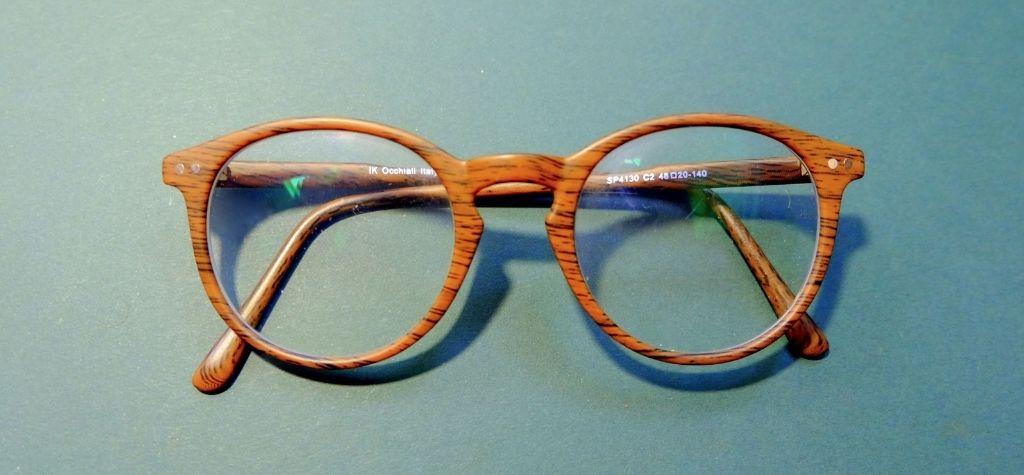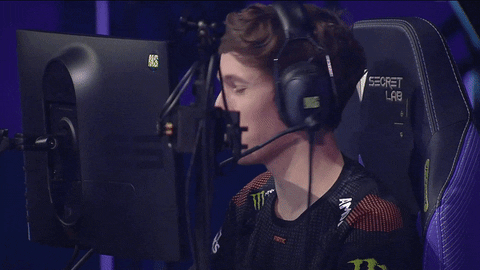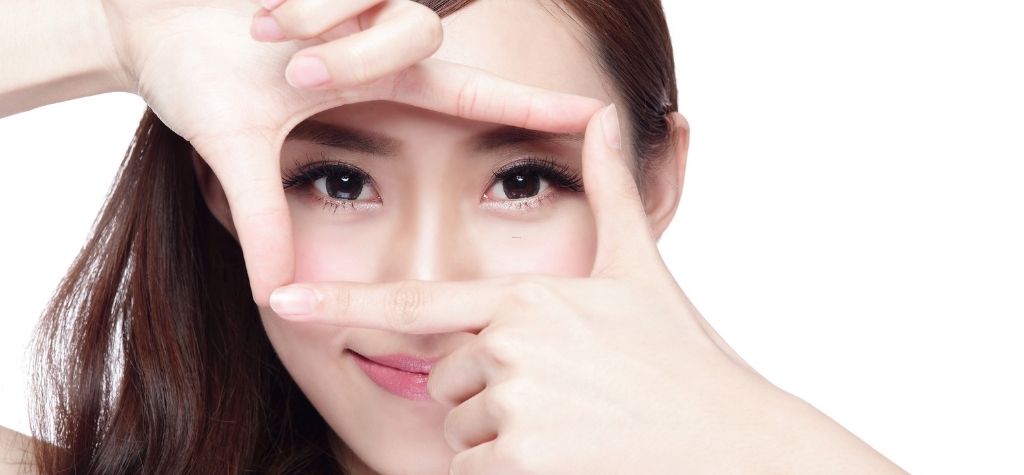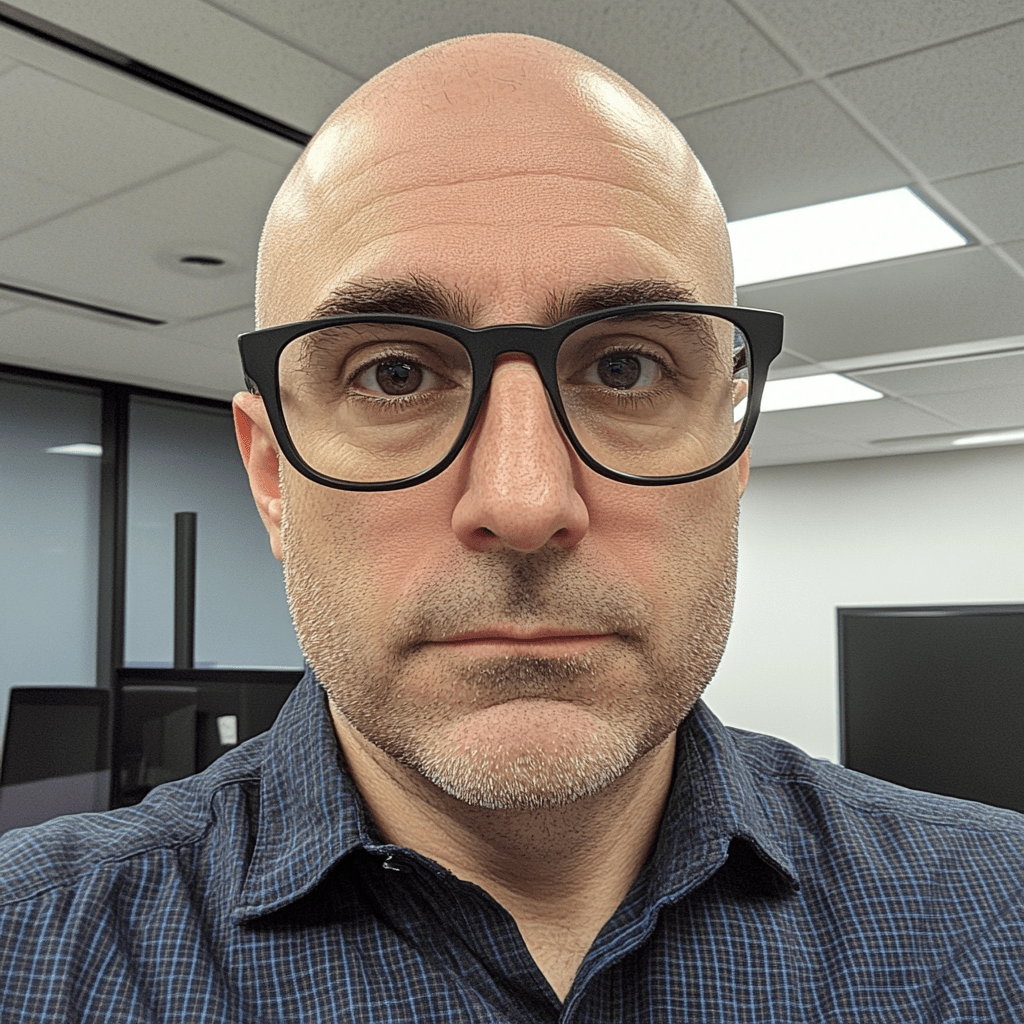Esports has exploded from a niche pastime to a global industry. Pro gamers compete for millions of dollars, and teams train like athletes. Success depends on lightning‑fast reactions and precise hand‑eye coordination. But do elite players compete wearing glasses, contacts or neither? Understanding how vision correction affects performance helps everyday gamers make informed choices.
This article examines the advantages and disadvantages of glasses and contact lenses in esports. We’ll explore how each option impacts vision, comfort and health, reference studies on sports vision and contact lens use, and offer eye‑care tips tailored to gamers. Whether you’re a casual player or a budding professional, you’ll learn how to protect your eyes and enhance your gameplay.
Why Vision Matters in Esports

Pro gamers must react in milliseconds. They track fast‑moving opponents, read text, manage timers and communicate with teammates—all while staring at screens for hours. Optimal vision is essential for:
- Visual acuity: Clear, sharp vision ensures players can read small details, like enemy outlines or health bars.
- Peripheral awareness: Esports titles often require players to monitor multiple areas of the screen simultaneously. Peripheral vision helps identify threats outside the main focus.
- Depth perception: Proper depth cues help players aim accurately and judge movement speed.
- Visual endurance: Long matches strain the eyes, making comfort important.
If a player’s vision isn’t corrected properly, they risk losing focus, reacting slower or experiencing headaches. Choosing the right vision correction is part of a gamer’s training regimen.
Glasses vs. Contacts: A Quick Overview
Both glasses and contact lenses correct refractive errors, but they function differently. Glasses sit on the face and redirect light through lenses. Contacts rest directly on the eye’s surface and move with the eye.
Benefits of Glasses
- Ease of use: Simply put them on and off; no touching the eyes.
- Less infection risk: Glasses don’t require direct contact with the cornea, reducing the chance of introducing bacteria.
- Affordable and durable: Frames can last years with care, and lenses are easy to replace.
- Blue‑light options: Many gaming glasses include blue‑light filters or anti‑reflective coatings to reduce glare.
Drawbacks of Glasses
- Restricted peripheral vision: Frames may block side vision, and thick lenses can distort edges.
- Reflections and glare: Screens and lights can reflect on lenses, potentially distracting players.
- Physical discomfort: Heavy frames may cause pressure on the nose or ears; headsets can press glasses into the temples.
- Fogging and smudging: Sweat and temperature changes cause lenses to fog; smudges reduce clarity.
Benefits of Contacts
- Wider field of view: Contacts move with the eyes and don’t block peripheral vision. A review in Acta Scientific Ophthalmology notes that contact lenses offer several advantages over glasses and are the preferred choice for sports because they provide stable vision in all conditions.
- No obstruction: Lenses eliminate reflections and don’t fog up.
- Better depth perception: Contacts sit directly on the eye, minimizing image distortion.
- Comfort with headsets: Without frames, gamers can wear headphones comfortably.
Drawbacks of Contacts
- Hygiene demands: Inserting and removing contacts requires clean hands; improper care increases risk of infection.
- Dryness: Long gaming sessions in air‑conditioned rooms can dry out contacts, causing irritation.
- Initial learning curve: Some people find contacts difficult to handle at first.
- Cost: Daily or monthly lenses and cleaning solutions add recurring expenses.
Evidence From Sports Vision Research
While esports is a relatively new field, vision research in traditional sports offers insights. A review article on contact lenses in sports reports that athletes prefer contacts over glasses because they deliver stable vision and better performance. The article states that the use of contacts in sports is four times higher than in the general adult population, highlighting their popularity among athletes who value peripheral vision and stability.
Contacts are advantageous for sports because they move with the eye, providing an unobstructed field of view and minimizing distortions caused by lens edges. These benefits likely translate to esports, where players need to monitor the entire screen and peripheral cues without frame interference.
Are Contacts Always Better?
Not necessarily. Contacts can cause dryness, especially during prolonged screen time. Gamers may blink less when concentrating, reducing tear film coverage. Dry eyes can blur vision and cause discomfort. Lubricating eye drops can help, but some players may prefer glasses to avoid dryness.
In addition, contacts can fall out or cause discomfort if debris gets trapped beneath them. Changing a lens mid‑match is impractical. Glasses, on the other hand, can be wiped clean quickly.
Gaming Glasses and Blue‑Light Filters

Specialized gaming glasses have become popular among esports enthusiasts. These glasses typically feature:
- Blue‑light filtering lenses: Designed to reduce the amount of high‑energy visible light reaching the eyes.
- Anti‑reflective coatings: Minimize glare from screens and overhead lights.
- Slight magnification: Some lenses offer mild magnification to reduce strain when focusing on small text.
A ZEISS Vision Care article explains that gaming glasses aim to curb eye fatigue and help gamers concentrate. However, it also notes that scientific studies have not found conclusive evidence that blue light from screens causes retinal damage. While a portion of blue light may contribute to visual discomfort, blocking all blue light is unnecessary. ZEISS recommends lenses that absorb only part of the blue light spectrum, combined with ergonomic adjustments like proper lighting and breaks.
Do Blue‑Light Glasses Improve Performance?
Researchers have yet to prove that blue‑light glasses directly improve gaming performance. Many users report subjective relief from eye strain, but controlled studies are limited. The placebo effect and improved habits (like taking regular breaks) could also explain the perceived benefits. That said, reducing glare and reflections through coatings can help maintain concentration, especially under bright studio lights common in esports tournaments.
Practical Tips From Eye Experts
The same ZEISS article offers practical advice to relieve eye strain during long computer sessions:
- Ensure proper lighting: Avoid bright overhead lights and minimize glare on screens.
- Follow the 20‑20‑20 rule: Every 20 minutes, look at something at least 20 feet away for 20 seconds. This exercise relaxes focusing muscles.
- Change visual distance: Regularly shift focus between near and far objects to keep eye muscles flexible.
- Blue‑light filters: Lenses that absorb a portion of blue light may reduce digital eye strain symptoms like fatigue and blurred vision. However, they are only one part of a holistic strategy.
Pro Gamers’ Preferences: Mixed Approaches

Opinions vary among professional gamers. Some players wear prescription glasses with anti‑reflective and blue‑light coatings to reduce glare and protect their eyes from environmental irritants. Others opt for contact lenses, valuing the broader field of view and comfort under headsets. A few use no corrective lenses, either because they have perfect vision or because they’ve undergone refractive surgery.
Case Examples (Anecdotal)
- FPS Players: Shooters like Counter‑Strike demand wide peripheral vision. Contact lenses provide an edge by eliminating blind spots from frames.
- MOBA and Strategy Gamers: In games like League of Legends or Dota 2, players must constantly scan mini‑maps and resources. Some use glasses with tinting to reduce eye strain during extended sessions.
- Streamers: For gamers who stream for hours, blue‑light glasses serve a dual purpose—eye comfort and aesthetic appeal on camera. Glasses can become part of their personal brand.
There isn’t a universal standard. Many pros alternate between contacts and glasses depending on the situation. For example, they might wear glasses during practice sessions and contacts during tournaments, or vice versa.
Choosing the Right Correction: Factors to Consider
If you’re deciding between glasses and contacts for gaming, consider the following:
1. Vision Prescription
High prescriptions may require thicker lenses, which can distort vision at the edges. Contacts may provide a more natural field of view in such cases. However, some high‑index lens materials produce thinner glasses. Consult an optometrist to see what suits your eyes and gaming habits.
2. Comfort With Contacts
Not everyone is comfortable touching their eyes. If inserting lenses makes you anxious, glasses may be better. Conversely, if you find glasses heavy or restrictive under a headset, contacts may feel liberating.
3. Lifestyle and Hygiene
Contacts demand meticulous care—washing hands, cleaning lenses, and replacing them regularly. If you travel for tournaments or spend long hours in practice rooms, carrying lenses and solutions can be cumbersome. Glasses are low‑maintenance but can break or scratch.
4. Screen Time and Dryness
Marathon gaming can dry out contacts. Consider using lubricating drops and blinking consciously. Glasses do not interfere with tear film but can fog up in humid environments. Evaluate your playing environment (air conditioning, humidity) when choosing.
5. Blue‑Light and Anti‑Glare Coatings
If you choose glasses, consider lenses with anti‑reflective coatings. Blue‑light filters are optional; choose reputable brands that block only harmful wavelengths. Some contact lens manufacturers are exploring blue‑light filtering contacts, but research is limited.
6. Financial Considerations
Glasses typically involve a one‑time purchase plus occasional lens replacement. Contacts incur ongoing costs. Decide what fits your budget and how often you’re willing to replace or upgrade your eyewear.
Eye‑Care Tips for Gamers

Regardless of whether you wear glasses, contacts or neither, protecting your eyes during gaming sessions is crucial. Here are evidence‑based tips:
- Adopt the 20‑20‑20 rule: Every 20 minutes, look 20 feet away for 20 seconds. Set a timer or use software reminders.
- Blink frequently: Concentration reduces blinking. Remind yourself to blink to maintain tear film and prevent dryness.
- Adjust screen settings: Lower brightness, increase contrast and adjust color temperature to reduce strain. Some monitors offer “eye care” modes.
- Maintain proper posture: Sit at arm’s length from the screen, with the top of the monitor at or slightly below eye level.
- Optimize lighting: Use ambient lighting to reduce contrast between the screen and surroundings. Avoid harsh overhead light that causes glare.
- Stay hydrated: Drink water throughout gaming sessions. Hydration supports tear production and overall health.
- Use artificial tears: If you wear contacts, keep lubricating drops nearby. Choose preservative‑free options compatible with your lenses.
- Take regular breaks: Stand up, stretch and give your eyes a rest. Consider short physical exercises to improve circulation.
- Schedule eye exams: Regular checkups ensure your prescription is up‑to‑date and your eyes are healthy. Early detection of issues like dry eye or digital eye strain can prevent long‑term problems.
- Consider dietary support: Omega‑3 fatty acids and antioxidants support eye health. Discuss supplements with your healthcare provider.
Conclusion: Personal Choice and Healthy Habits
So, do pro gamers prefer glasses or contacts? The answer depends on individual needs, comfort and playing environment. Contacts offer a wide field of view and stability, making them popular in traditional sports and appealing to esports players. Glasses provide ease of use and protective coatings but may interfere with headsets and peripheral vision. Gaming glasses with blue‑light filters may reduce glare and subjective eye strain, though evidence is mixed.
Ultimately, maintaining eye health involves more than choosing glasses or contacts. Gamers should adopt healthy habits like taking regular breaks, adjusting screen settings and using proper lighting. Whether you pick glasses, contacts or a combination, consult an eye care professional to ensure your vision is optimized. Your eyes are your gateway to virtual worlds—keep them in top shape, and your gameplay will follow

